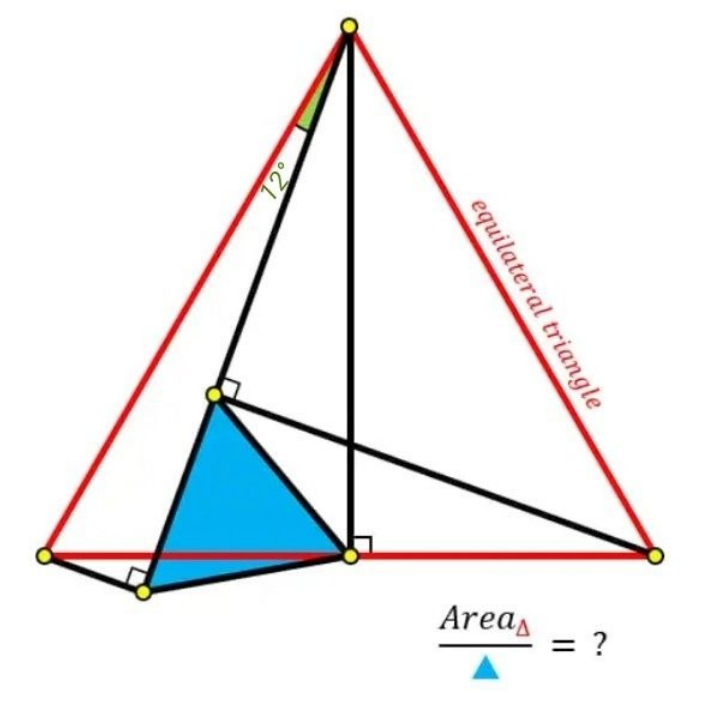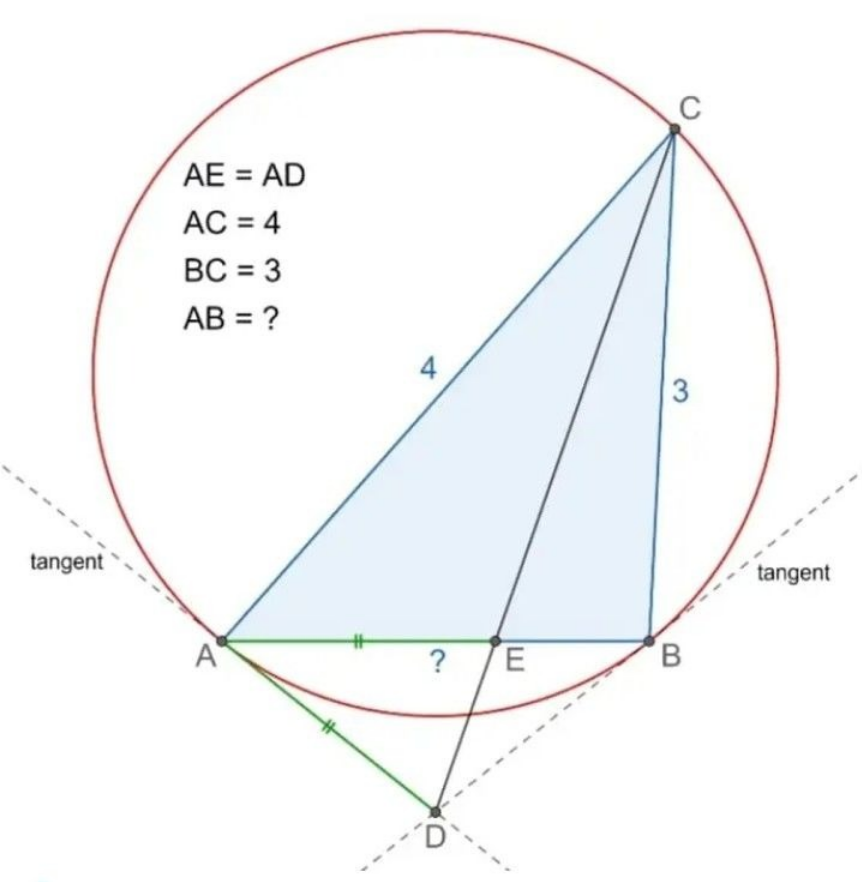
AllQuestion and Answers: Page 337
Question Number 188442 Answers: 1 Comments: 0
Question Number 188430 Answers: 0 Comments: 0
Question Number 188418 Answers: 2 Comments: 0

Question Number 188417 Answers: 1 Comments: 1

Question Number 188416 Answers: 1 Comments: 0

Question Number 188407 Answers: 3 Comments: 0
Question Number 188503 Answers: 0 Comments: 0

Question Number 188392 Answers: 2 Comments: 3

Question Number 188387 Answers: 2 Comments: 0

Question Number 188384 Answers: 1 Comments: 0
Question Number 188381 Answers: 2 Comments: 0
Question Number 188380 Answers: 1 Comments: 0

Question Number 188379 Answers: 0 Comments: 0

Question Number 188378 Answers: 1 Comments: 0

Question Number 188377 Answers: 0 Comments: 0

Question Number 188376 Answers: 1 Comments: 0

Question Number 188375 Answers: 1 Comments: 2

Question Number 188374 Answers: 0 Comments: 0

Question Number 189462 Answers: 0 Comments: 0

Question Number 188366 Answers: 1 Comments: 0
Question Number 188362 Answers: 2 Comments: 0
Question Number 188360 Answers: 2 Comments: 0

Question Number 188359 Answers: 1 Comments: 0

Question Number 188351 Answers: 2 Comments: 0
$$\sqrt{{x}}+\sqrt{\mathrm{3}{x}−\mathrm{2}}={x}^{\mathrm{2}} +\mathrm{1} \\ $$
Question Number 188348 Answers: 0 Comments: 1

Question Number 188536 Answers: 2 Comments: 0
Pg 332 Pg 333 Pg 334 Pg 335 Pg 336 Pg 337 Pg 338 Pg 339 Pg 340 Pg 341
